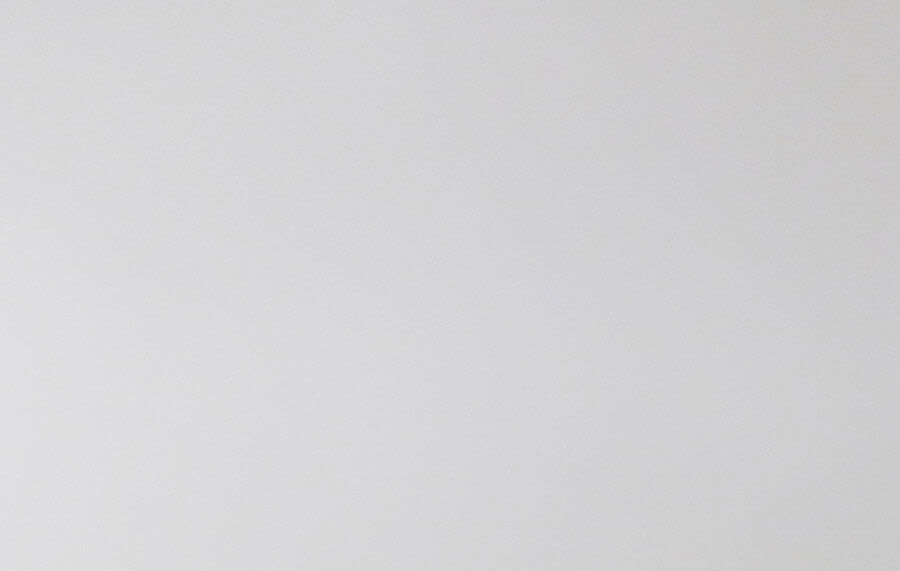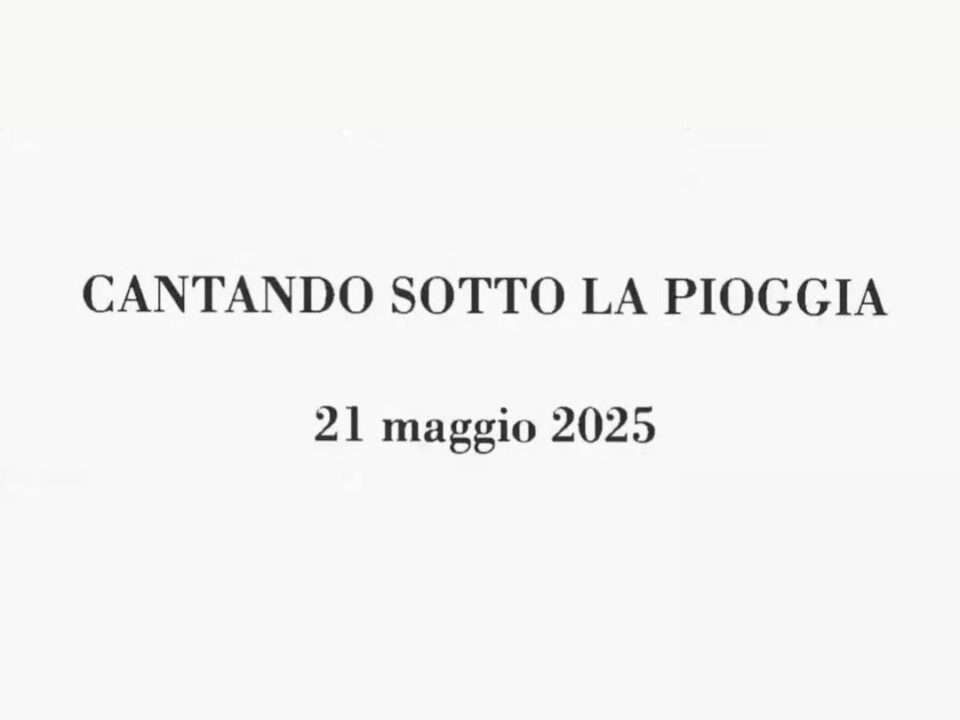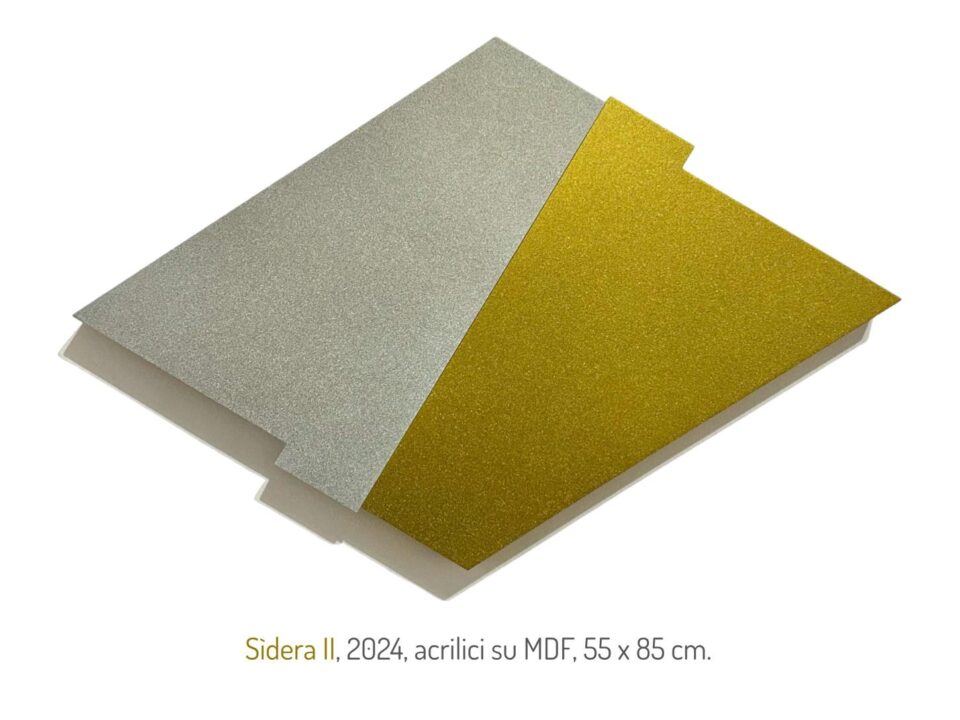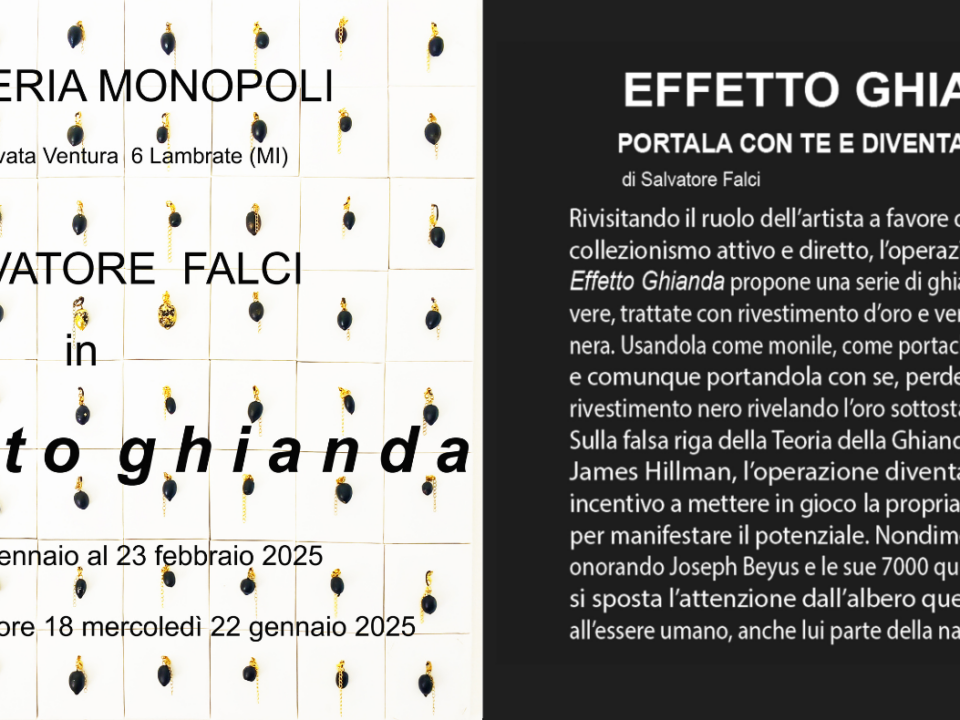
Valerio Tedeschi: Difetto d’effetto
19 Gennaio 2012
ABOUTART – LA SCELTA DEL PRESENTE
12 Marzo 2012Opening: January 19th at 18.30
January 19th - February 24th 2012
Valerio Tedeschi utilizes traditionally the most precious sculptural materialmarble, not to create a monument,a coherent,intelligible form,but just the contrary,to make an image of the formless.Albeit his foam-like marble configurations might connote the excessiveness of the baroque sculpture,their performative effect is quite the opposite.Insisting on the material palpability rather than the optical delusion,Tedeschi's”white things”do not aim to image an idea of dematerialization,but they make simultaneously visible and palpable what Yve-Alain Bois,following Bataille,has called base materialism-the prefiguration of heterology.Heterology,as a term with no philosophical antecedents with which it might be confused,would be something signaling rejection:while materialism must”exclude all idealism”,”heterogeneity” designates from the outset what is excluded by idealism.Base materialism of which the informe is the most concrete manifestation-Bois writes-has the job of declass(ify)ing,which is simultaneously lowering and liberating of all ontological prisons,from any “devoir etre”(role model).This liberating from “devoir etre”has been signified by the mere titles of certain works by Tedeschi:Difetto d' effetto.Such rejection of the proper effect is different from the minimalist claim for riddance of space representation as “one of the salient and most objectionable relics of European art”.Moreover,the haptic dimension of Tedeschi's permanently-metamorphosing white-irradiating things(I'm deliberately using the term thing instead of object here)introduces the layers that exist below a certain threshold of perception in the field of the visible.His sculptures and installations also acknowledge the notions of history and memory,not as their objects of representation but rather in a sense of the prefiguration of heterology.
Bibliography:
-Yve-Alain Bois-Rosalind E. Krauss,Formless:A User's Guide,Zone Books,New York,1997,p.53
Critical essay of Leonida Kovač.




